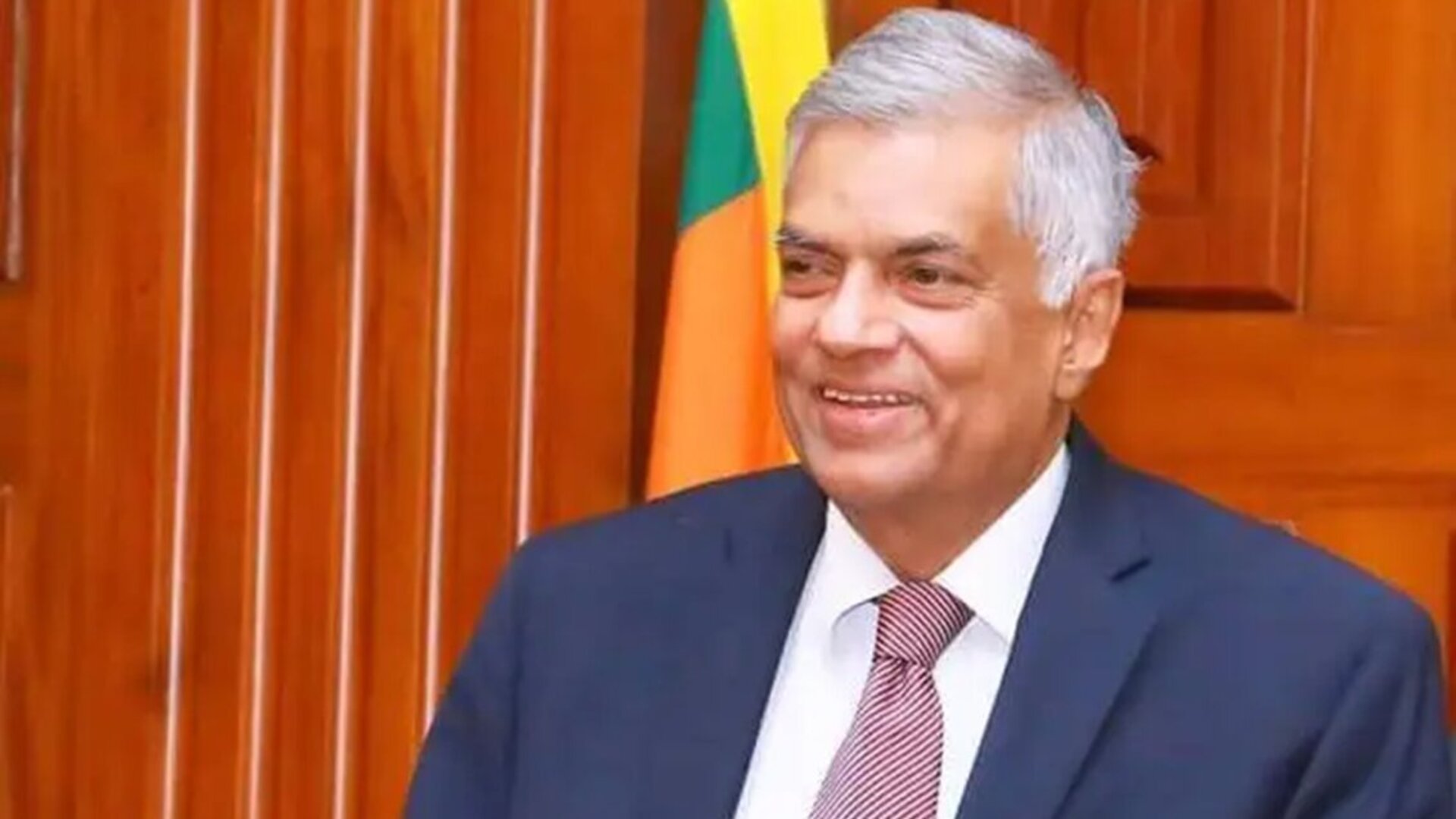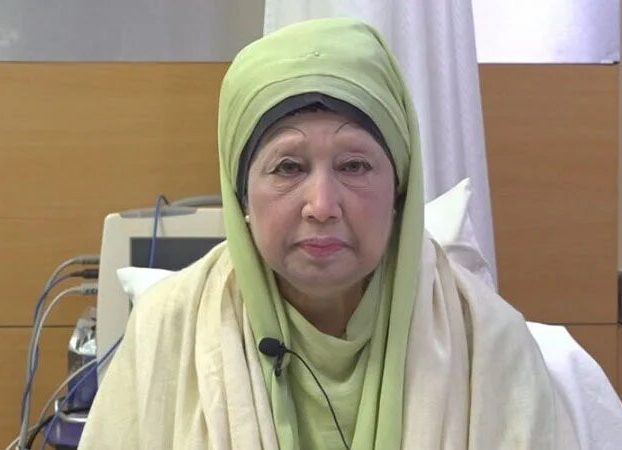
The High Court has announced the direct rejection of the writ petition filed 37 years ago challenging the religion of Islam. In the observation of the judgment, the High Court said that the recognition of Islam as the state religion through the amendment of the Constitution is not in conflict with the Constitution. Islam as a state religion does not violate the basic structure of the constitution.
A three-judge High Court bench headed by Justice Naima Haider delivered the verdict on Thursday. The other two judges are Justice Kazi Reza-ul Haque and Justice Md. Ashraful Kamal Three judges agreed with the decision to dismiss the writ. However, the junior judge of the bench. Ashraful Kamal made separate observations in the judgment.
The observation written by the bench’s senior justice Naima Haider said that Islam as the state religion enshrined in Article 2(a) of the Constitution is not inconsistent with any other provision, not only the fundamental principles mentioned in the preamble of the Constitution. Although Islam is given “state religion status” in the constitution, there is no obligation to give it political status. Article 2(a) must be read as a whole and when read it is clear that the inclusion of the concept of making Islam the state religion in no way undermines the constitutional rights of people of different faiths. It also does not affect the basic structure of the Constitution and does not create redundancy in the Constitution.
The impugned amendment also does not affect the concept of state religion as inserted in the Constitution, the judgment said. Therefore, we hold that recognition of Islam as the state religion by inserting Article 2A through the impugned amendment is not unconstitutional. In an attempt to simplify the matter, we have discussed the reasoning presented in our judgment. We have refrained from reciting the specific legal arguments of the writ petitioners and counsel for the respondents in the judgment as the constitutional issue should be discussed “holistically”. In the light of the above discussion, the ruling is dismissed. In the judgment, he also highlighted the fact that different religions have been given the status of state religion in different countries of the world. Justice Kazi Rezaul Haque expressed agreement with this observation of Roy.
Justice Md. Ashraful Kamal, in his separate observations, said that the main purpose of the Seventh Amendment, like the Fifth Amendment, was to legitimize military rule and to protect the founder of military rule from charges of treason. Where is the interest of the country or people in this amendment?
A military dictatorship consciously ignores religion, principles and ideals, while the Eighth Amendment declared Islam the state religion. There was no religious crisis in the country. There was no constitutional crisis. Moreover, no demand has been raised from the people in this regard. All that the dictators of the eighties did without declaring the state religion was irreligiousness, injustice, unscrupulousness, fraud, looting and rampant corruption. Terrorism and misrule have created a situation from which people of all classes and professions have struggled, sacrificed and sacrificed themselves for the end of this dictatorship for nine long years to get rid of it.
On March 28, 2016, the High Court directly dismissed the writ petition challenging Rashtradharma Islam. The court said that the petitioner has no locus standi in this writ petition.
Justice Naima Haider, Justice Kazi Reza-ul Haque and Justice Md. A larger bench of the High Court comprising Ashraful Kamal passed the verdict.
In 1988, the then President Hussain Muhammad Ershad added Islam as the state religion to the Constitution through the Eighth Amendment. Article 2 (a) added to the constitution states that the state religion of the republic shall be Islam, but other religions may be practiced in peace in the republic. Then 15 elite persons filed a writ petition in the High Court challenging the validity of that provision on behalf of the Committee for Prevention of Dictatorship and Communalism. Many of them died. They are former Chief Justice Kamaluddin Hossain, Justice Debesh Chandra Bhattacharya, Justice KM Sobhan, Poet Sufia Kamal, Professor Khan Sarwar Murshid, Senior Advocate Syed Ishtiaq Ahmed, Professor Kabir Chowdhury, Artist Kalim Sharafi, Professor Mosharraf Hossain and Journalist Faiz Ahmed, Prof. Sirajul Islam Chowdhury, Sector Commander CR Dutta, Writer Badruddin Umar, Professor Borhanuddin Khan Jahangir and Professor Anisuzzaman.
On June 8, 2011, 23 years after the writ petition, a High Court bench comprising Justice AHM Shamsuddin Chowdhury and Justice Gobind Chandra Thakur gave the ruling. On the same day, 14 senior lawyers were appointed as amicus curiae (court assistants). They are Dr. M Zahir, former Attorney General Mahmudul Islam, TH Khan, Dr. Kamal Hossain, Rafiq-ul Haque, M Amir-ul Islam, AF Hasan Arif, Roknuddin Mahmud, Akhtar Imam, Fida M Kamal, Ajmalul Hossain QC, Abdul Matin Khosru, Yusuf Hossain Humayun and AFM Mejbah Uddin.
Almost five years after the promulgation of that rule, this rule came up for hearing on March 8, 2016. On that day the court revoked the order appointing amicus curiae. Later on March 28, 2016, the court dismissed the writ directly.

 Reporter Name
Reporter Name 


















